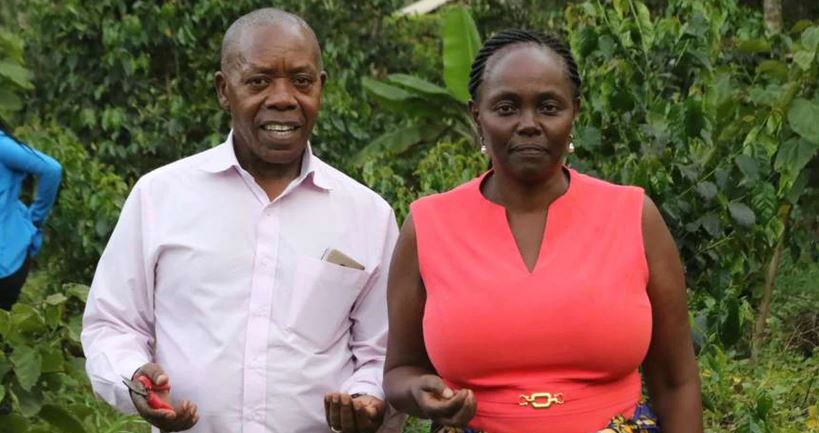
Kenyan-born Australian Senator Lucy Gichuhi has made some startling revelations about her turbulent marriage to her husband of more than 30 years, William Gichuhi.
Lucy, who made history after she became the first person of African descent to be elected to the Australian Senate, says she is a victim of domestic violence and infidelity.
She makes the revelations in her new memoir titled “Behind The Smile: From the Slopes of Mount Kenya to Commonwealth Parliament of Australia”.
In the book, Ms Gichuhi recounts catching her husband, whom she’s still married to, in a rather compromising situation with one of her seven sisters.
“I momentarily thought of smashing his head with a drink bottle but then I remembered that I am an Australian now and domestic violence law would catch up with me,” says Gichuhi.
After moving to Adelaide in 1999, Gichuhi says her husband eavesdropped on one of her phone calls expressing frustration on his refusal to support the family.
“All hell broke loose, William did not say a single thing to me that whole week. He was furious…I asked him about a bill that needed to be paid. Suddenly, he charged at me like a raging bull and slapped me so hard across the face. He then hit the wardrobe with his hand and broke the mirror but hurt his hand, which started bleeding,” she narrates.
She adds: “I was terrified, confused and shattered all at the same time. It brought back memories of being in Kenya when William had hit me hard and slapped me around the face after an argument.”
Senator Gichuhi says she chose to share her story in order to inspire and give hope to girls that they can still be whatever they want, no matter the challenges they encounter.
Promoting the book on her website, Senator Gichuhi writes “We women need to start talking seriously about deep issues that affect us and shed light on the truth”.
“This book is about a girl becoming all she can be irrespective of circumstances, gender, color, culture, and creed,” she says.






